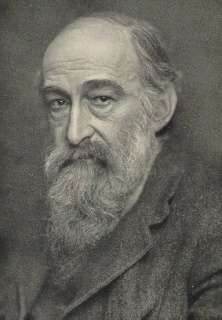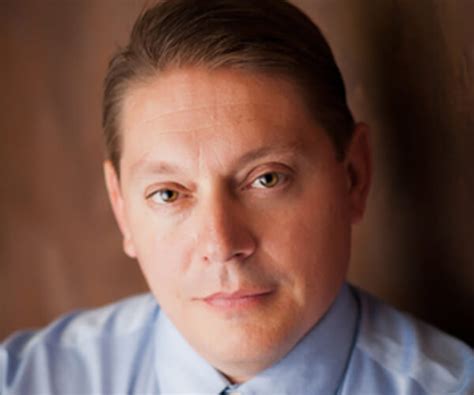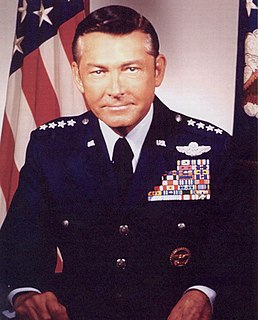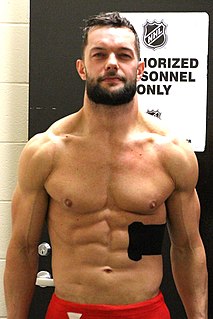A Quote by Jerry Brown
So we are being systematically trained to fear this false 'rising crime' tide. This is all part of a system to lock up more people, and impose more control and surveillance.
Related Quotes
Every community has crime and violence; it's a part of being human. This idea that black communities are more violent than others is just false. But black folks fight the hardest for our communities. Before governments do, before other people do, we're the first ones to show up. We are the first ones to fight for our lives.
Donald Trump got almost 3 million fewer votes than Hillary Clinton! He happened to get more in some of the right places. It was just like one of those things where a stock going up and people impose a false sense of order on it. It's really more intellectually honestly viewed as a disorderly process.
If Americans actually have the conversation about our disastrous prison policies, we'll understand the trends all move in very dangerous directions: we lock up more people, for less violent crime, at ever greater expense, breeding more dangerous criminals who often come out unemployable, violent and isiolated.
Many people believe that decentralization means loss of control. That's simply not true. You can improve control if you look at control as the control of events and not people. Then, the more people you have controlling events - the more people you have that care about controlling the events, the more people you have proactively working to create favorable events - the more control you have within the organization, by definition.
Those on the downside of rising economic inequality generally do not want government policies that look like handouts. They typically do not want the government to make the tax system more progressive, to impose punishing taxes on the rich, in order to give the money to them. Redistribution feels demeaning. It feels like being labeled a failure.
Law and order is a social service. Crime and the fear which the threat of crime induces can paralyse whole communities, keep lonely and vulnerable elderly people shut up in their homes, scar young lives and raise to cult status the swaggering violent bully who achieves predatory control over the streets. I suspect that there would be more support and less criticism than today's political leaders imagine for a large shift of resources from Social Security benefits to law and order - as long as rhetoric about getting tough on crime was matched by practice.
































